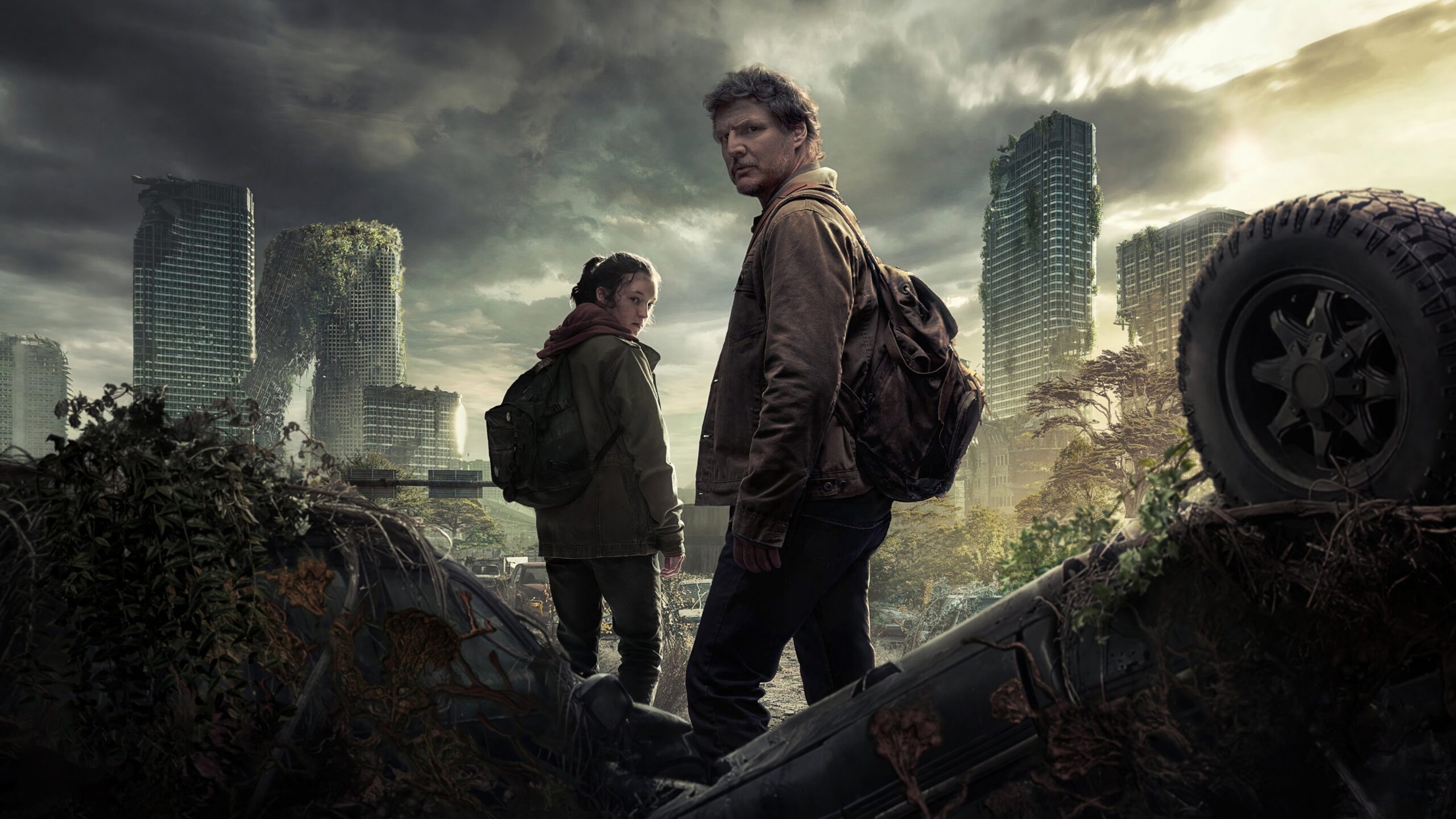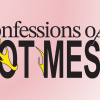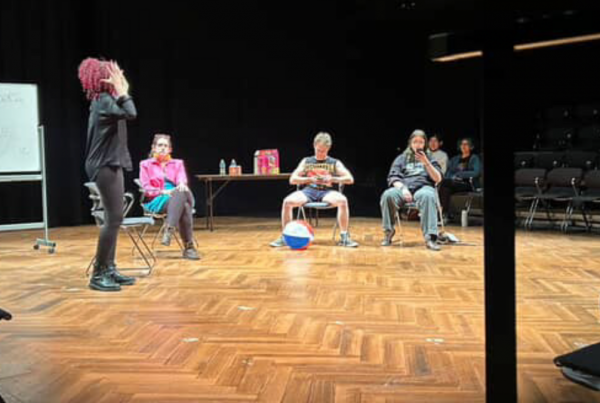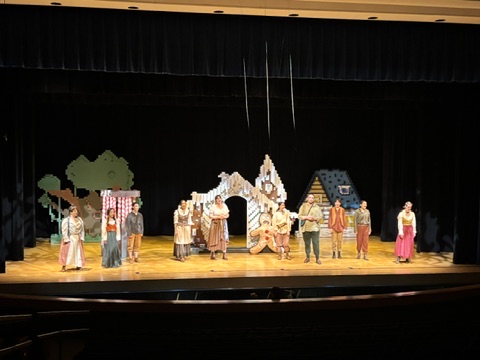On January 15, 4.7 million people sat and watched the HBO premiere of the heavily anticipated television adaption of the award-winning video game: “The Last of Us.”
The show and video game exists in the world post apocalypse. However, unlike most forms of entertainment that exists in an infected styled society, The Last of Us is truly a story of connection, love, trauma and expression of sexuality.
With the main character, Ellie Williams, being a lesbian teenager and being played by gender fluid actor Bella Ramsey and Joel Miller, a disgruntled older man trying to survive the post-apocalyptic life after being traumatized during its inception, being played by Pedro Pascal, the connected chemistry between the actors truly allows the audience to feel the growing love between the two characters.
Season one has nine episodes, and one of the most impressive feats that the show executes is managing to capture a video game adaption without letting down any audience members, newcomers and video game veterans alike. It is fair to say that as of today, The Last of Us has been one of the most successful and critically acclaimed television video game adaptations.
Along with this success, the show manages to express LGBTQ+ love and experiences in empathic and emotional ways. Episode three focuses on two gay men who fall in love during the collapse of society. While this episode strays the furthest from the video game, players of the game have leaned into this new path, falling in love with the new version of Bill and Frank.
Episode seven focuses on Ellie’s romantic relationship as she falls in love with her best friend, while they come of age in a world that has already been destroyed and built to pull them apart. While some on the internet would argue these episodes are too accommodating to the world today, actually they allow the show to be more grounded and accurate to the games intent.
The Last of Us has always been more than a horror game. It was created by Naughty Dog, a company that is well known in the video game industry as being some of the best storytellers around. They made the Uncharted series, an explorative treasure hunting story before The Last of Us, and the games’ success has boosted them to be one of the best companies around.
The Last of Us’ success has let people who are not gamers to experience the game’s story in a way that works for them. It was really unique to watch people experience this story that so many gamers grew up knowing about and see them have conversations about it.
With the release of the second game, controversy arose regarding a characters fate. It will be very interesting to see how the creators of the show handle Part II’s unique storytelling and length in a way that works for the screen.
The Last of Us allows for people of all video game literacy to enjoy the emotional, romantic and viscerally raw experience of the original storyline.
Opinions expressed in The Nevada Sagebrush are solely those of the author and do not necessarily express the views of The Sagebrush or its staff. Gabriel Kanae is a student at the University of Nevada studying journalism. They can be reached at gkanae@sagebrush.unr.edu and on Twitter @NevadaSagebrush.









